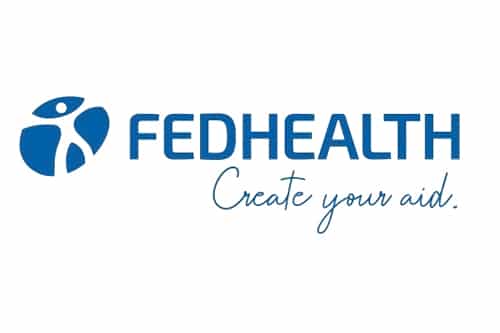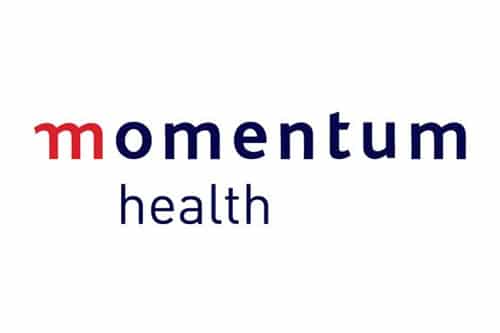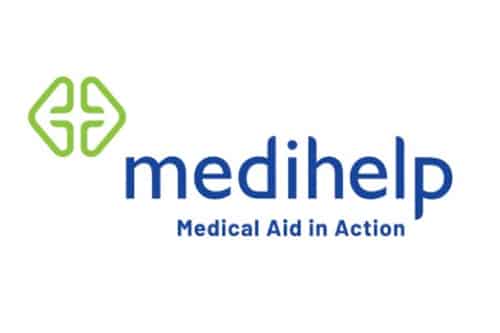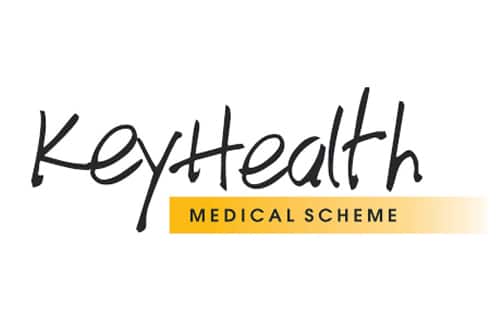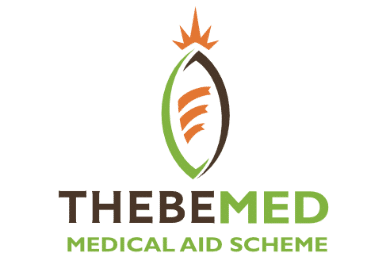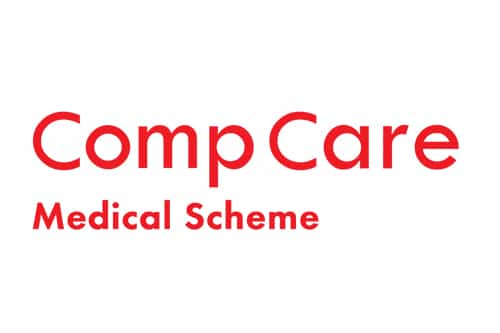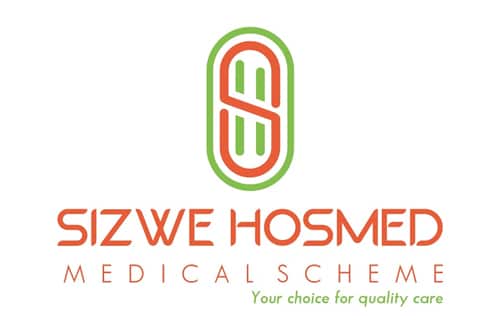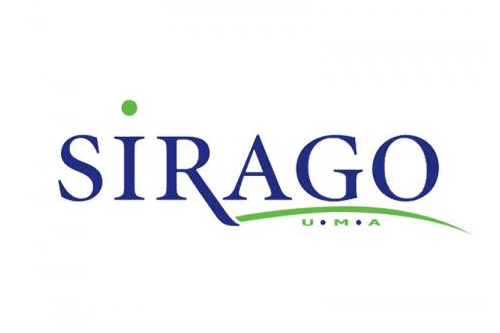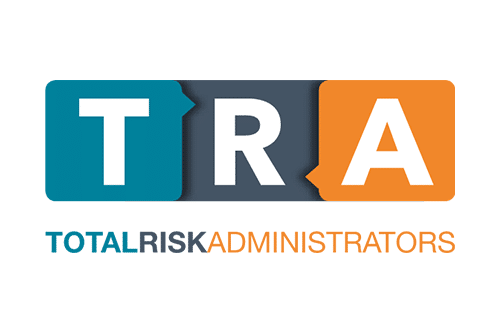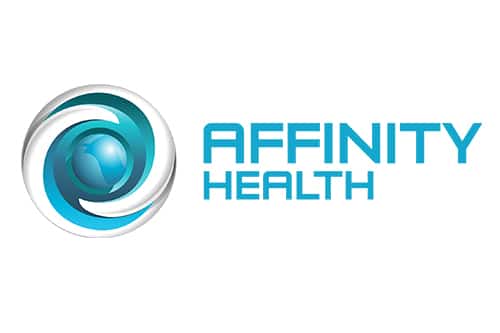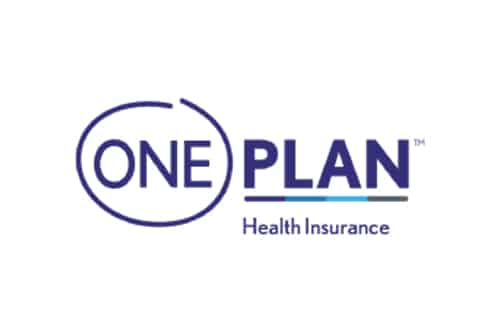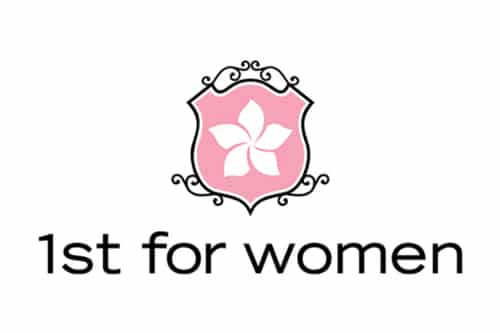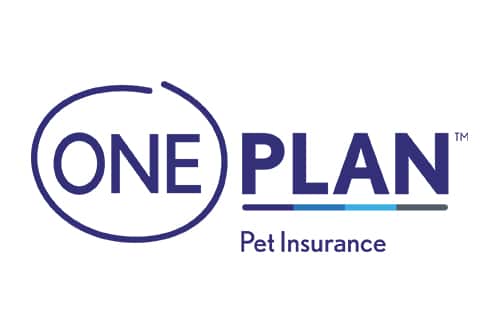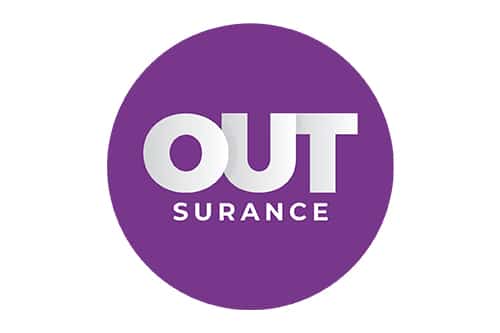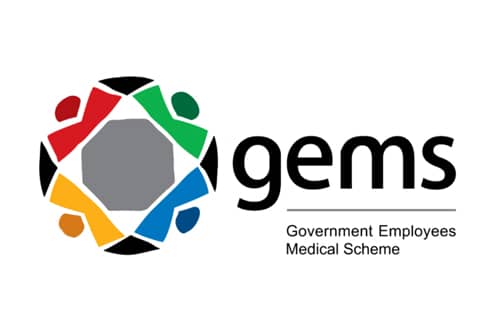
Health Insurance for Kids
The Health Insurance for Kids in South Africa revealed.
We tested and verified the best guide to health insurance for kids in South Africa.
This is a complete guide to health insurance for kids in South Africa.
In this in-depth guide you’ll learn:
- What is a Health Insurance?
- How do you apply for medical insurance in South Africa?
- Which health insurance is the best in South Africa?
- Which health insurance should you get?
- Is it important to have health insurance for your child?
So if you’re ready to go “all in” with health insurance for kids in South Africa, this guide is for you.
Let’s dive right in…
What Kinds of Insurance Plans Are Available for Children

Children are far more likely than adults to get ill. Children are prone to contracting a wide variety of infectious diseases, including colds and the flu during the winter months.
If parents have health insurance coverage for their children, they may be able to save a significant amount of money and enjoy the peace of mind that comes with knowing that, should the need arise, their children would have access to medical treatment.
But are there any insurance companies in South Africa that provide coverage plans that are tailored especially for the needs of children?
Absolutely, there are a few companies that saw a gap in the market for an insurance plan that was specifically tailored to meet the requirements of paediatric care and so they developed specific plans for juniors.
Why It Is Important to Have Health Insurance for Kids

There is coverage available on a day-to-day basis for trips to the doctor, which can assist you in meeting the day-to-day expenditures associated with maintaining your health.
In the event that you or one of your children require hospitalisation for whatever reason, the hospital plan will give you and your family access to a comprehensive selection of amenities and services available within the healthcare facility.
The primary reason that young children are more susceptible to being sick than adults is because they have not yet developed the required immunity to the wide variety of viruses that are there. Then, of course, they interact with other children who are also just starting out on the road to immunity when they spend time with those children. When children sneeze and cough, germs can get on their hands. These germs can then be passed from one child to another when they touch.
Studies found that children less than 6 get about six to eight colds per year. And if a youngster gets a virus that she has never had before, the child’s illness is likely going to be more severe and will linger for a longer period of time since she does not have any pre-existing protection.
Keep in mind that the likelihood of you being ill increases significantly when your children experience higher rates of illness. Make sure that you and the rest of your family have health insurance so that you can comfort your sick children with hugs and kisses and keep them close when they are not feeling well.
There are a range of factors contributing to the rise in the number of inquiries about health insurance solely for a kid. For instance, the dangerously high incidence of divorce that has become the norm in South Africa has resulted in many children being left in the care of a single parent, who may have concerns with their capacity to finance childcare, or a new partner or step-parent, who is hesitant to fund the expense of childcare.
In spite of the fact that these are undeniably strong reasons for health insurance companies throughout the country to provide this kind of service, the rules that now govern their business operations do not authorise them to do so at this time.
A membership for a single individual is a legal choice; however, there is a minimum age requirement of 18. This explains why medical aid for a kid solely is not truly conceivable in light of the present legislation. This, of course, does not preclude the potential that the law may, at a later point, be altered in order to accommodate what is obviously a developing and vital need.
Rather, it simply does not prohibit the option. However, during this interim period, in order for a minor to be eligible for private healthcare coverage, he or she will need to be included in the plan of an adult who is the primary member.
This need has been fuelled not only by the rise in the rate of divorce, but also by the high frequency of violent crime and the epidemic of HIV/AIDS, which have both left a large number of children without parents and forced them to rely on their aunts, uncles, or grandparents for financial assistance.
In these kinds of situations, it is occasionally feasible to provide medical aid to only a child. If he or she was initially included under a parent’s membership and that parent has subsequently passed away, the membership of a minor dependant will, despite this, continue to be valid as long as the premium payments are made, and the primary member will merely be listed as deceased.
This is the case even in the event that the membership of the parent who originally included him or her was terminated. Despite the fact that the risk to the cover provider has been mitigated by the passing of the primary member, it is highly unlikely that this will result in a reduction in the premium.
Children are allowed to keep their dependant status under the provisions of a medical aid until they reach the age of 26, even if this status normally expires at 18. This means that even though this is not exactly what amounts to a medical aid for a child only, his or her coverage will extend throughout the varsity years and early employment years and will be subject only to the routine premium increases approved by the CMS, rather than increases based on the dependent child’s age.
The current situation of healthcare in South Africa is a contentious issue, and the government is working hard to pass drastic reforms in order to improve the failing public healthcare system. Due to the many uncertainties that surround the future of the healthcare system, it is imperative that families seriously consider purchasing a private insurance plan in order to guarantee that they are protected against any problems that may arise.
The Solution for Health Insurance for Kids

Individuals and families that are travelling through, working in, or permanently residing in South Africa are eligible for coverage under international health insurance policies. You are able to obtain protection for the cost of your necessary medical care.
You and your family will be taken care of in your time of greatest need with the assistance of insurance plans, which may provide you with rapid access to premier private medical treatment anywhere in the globe, including dental coverage, MRI scans, and maternity care.
You have access to a variety of choices that may be tailored to your specific requirements and financial constraints.
In addition, whether you go from one country to another, you can be certain that a proper insurance policy will continue to guard you at every stage of your journey. You will continue to have access to the same level of care no matter which nation you move to, provided that the country you move to is within the same area as your current location.
Frequently Asked Questions
Is It Important to Have Health Insurance for Kids?
Yes, it is important to have health insurance that can give coverage on a day-to-day basis for trips to the doctor, and meeting the day-to-day expenditures associated with maintaining your health.
Can you get health insurance that covers children?
Yes, a basic health insurance policy can cover a whole family, children included.
How does medical insurance for kids meet their healthcare needs?
Medical insurance tailored specifically for kids addresses their unique vulnerabilities and healthcare requirements, providing timely access to services, vaccinations, and treatments tailored specifically for their age and developmental stage.
What benefits are offered by Health insurance plans for kids?
Health insurance plans for kids provide comprehensive protection, covering everything from preventative care and vaccinations, pediatric consultations and hospitalization – assuring both their physical health and mental wellbeing.



